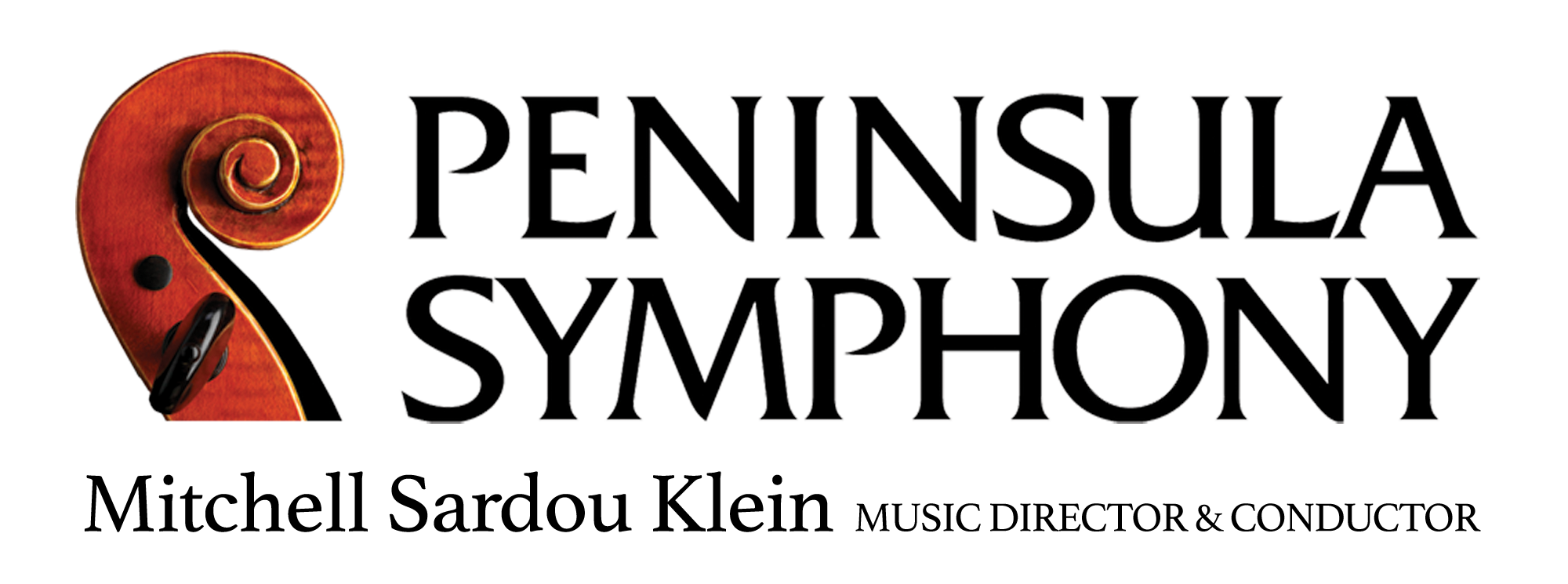DAVID BENOIT
“Mainstream jazz has become too serious, too intellectual, too studied. Ironically, I always thought of jazz as being happy music — going back to Dixieland and its earliest origins. It’s supposed to be about the player and his feeling, not that he studied for eight years and knows every Miles Davis solo.”
For three decades, the GRAMMY®-nominated pianist/composer/ arranger David Benoit has reigned supreme as one the founding fathers of contemporary jazz. But, like an actor who has been known primarily for one role, he wanted to show other dimensions of his artistry, influenced by Stephen Sondheim, Burt Bacharach, Dave Grusin and Leonard Bernstein.
Born in Bakersfield, California, Benoit's first taste of music came from his parents -- his mother's love of Leonard Bernstein and Aaron Copland, and his father's fondness for jazz, especially guitarists like Tal Farlow. (Scott Timberg / LA Times / 2009)
Benoit was bitten by the jazz bug after watching a Charlie Brown special on television and listening to the music of Vince Guaraldi in 1965. “I was already a fan of the comic strip,” he says, “but when I heard that jazz piano trio, that was the defining moment when I decided that I wanted to play like Vince Guaraldi.”
At the age of thirteen, Benoit studied privately with pianist Marya Cressy Wright and continued his training with Abraham Fraser, who was the pianist for famed conductor Arturo Toscanini. Jazz and Benoit, however, are by no means strangers. His father, a former guitarist who earned a doctorate at USC and became a psychology professor, had taught Benoit many of the jazz and pop standards when he was a teen-ager. Living in Hollywood, the youngster played at Donte's and other jazz rooms, mixing contemporary sounds with the Songs-My-Father-Taught-Me repertoire. He also studied music theory and composition, and later studied orchestration with Donald Nelligan at El Camino Junior College and film scoring from Donald Ray at UCLA. He studied conducting from Heiichiro Ohyama, assistant conductor of the L.A. Philharmonic, and furthered his musical education with Jan Robertson, head of the conducting department at UCLA, and UC Santa Barbara symphony orchestra music director Jeffrey Schindler.
“If I hear that one more time . . . ,” the sunny, laid-back Benoit says with mock anger. “I helped to kind of define that format. But my influences are all over the place.”
After working with Lainie Kazan as her musical director/conductor in 1976, Benoit released albums on the AVI label from 1977 to 1984. He later released several chart-topping recordings for GRP, including Freedom at Midnight (1987), Waiting for Spring (1989) and Shadows (1991), which both topped Billboard’s Contemporary Jazz Charts at #5, #1, and #2, respectively. His other noteworthy recordings include Letter to Evan (1992), his tribute to another piano influence, Bill Evans, and Here’s to You, Charlie Brown: Fifty Great Years (2000). Benoit also recorded with Russ Freeman on their album The Benoit/Freeman Project (1994), and on their follow-up collaboration, 2 (2004), which was released on Peak Records. His other recordings for the label include American Landscape (1997) and Orchestral Stories (2005), which featured his first piano concerto, “The Centaur and the Sphinx,” and a symphonic work, “Kobe.”. In 2012, he released Conversation on Concord’s Heads Up International imprint.
Benoit received three GRAMMY® nominations in the categories of Best Contemporary Jazz Performance for “Every Step of the Way” (1989), Best Large Ensemble Performance for GRP All-Star Big Band (1996), and Best Instrumental Composition for “Dad’s Room,” the latter from the album Professional Dreamer (2000). In 2010, Benoit received a Lifetime Achievement Award from the American Smooth Jazz Awards, and he’s worked with an impressive potpourri of musicians including the Rippingtons, Emily Remler, Alphonse Mouzon, Dave Koz, Faith Hill, David Sanborn, CeCe Winans and Brian McKnight.
Benoit’s film scores include The Stars Fell on Henrietta (1995), produced by Clint Eastwood, and The Christmas Tree, produced by Sally Field, which was voted Best Score of 1996 by Film Score Monthly. He has served as conductor with a wide range of symphonies including the Los Angeles Philharmonic, Asia America Symphony Orchestra and the London Symphony Orchestra. A long-time guest educator with the Mr. Holland’s Opus Foundation, he received that organization’s Excellence in Music Award in 2001. His musical selections have been featured on The Weather Channel and his version of Vince Guaraldi’s “Cast Your Fate to the Wind” is included on compilation The Weather Channel Presents: Smooth Jazz 11 (2008). Benoit also currently hosts a morning radio show on KKJZ 88.1 FM in Long Beach, CA.
- http://www.benoit.com -

